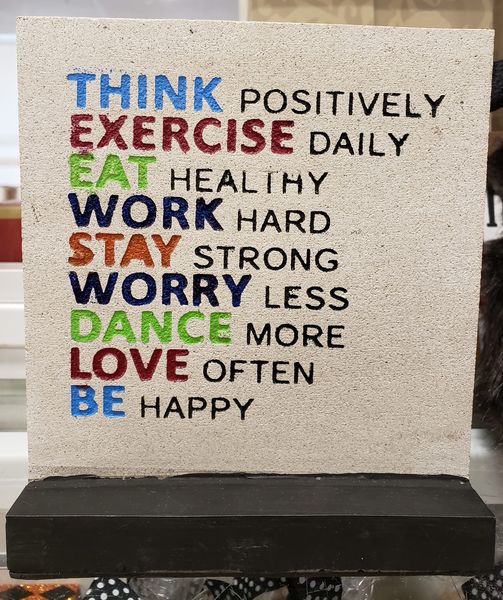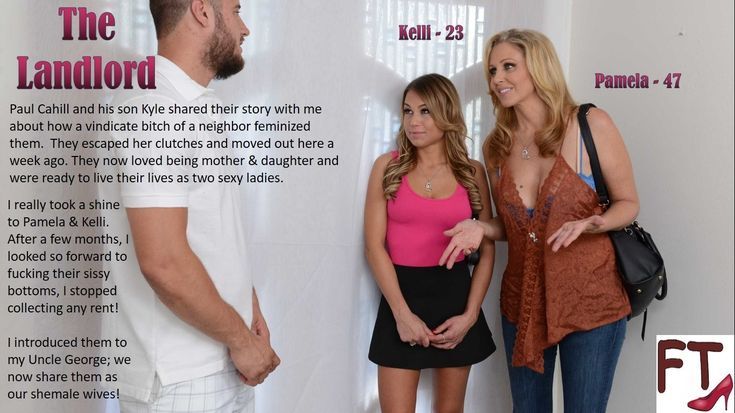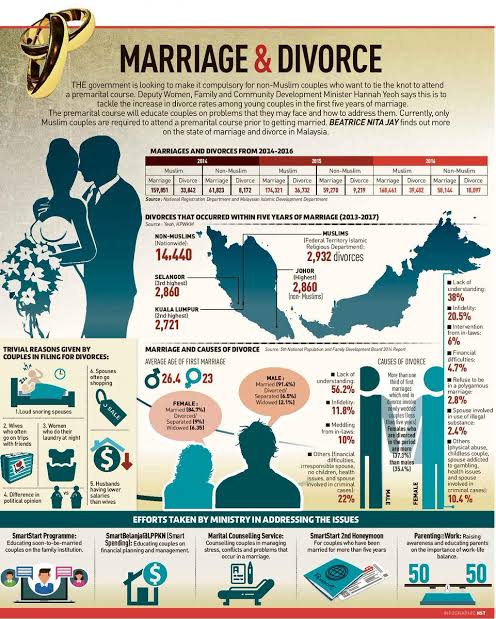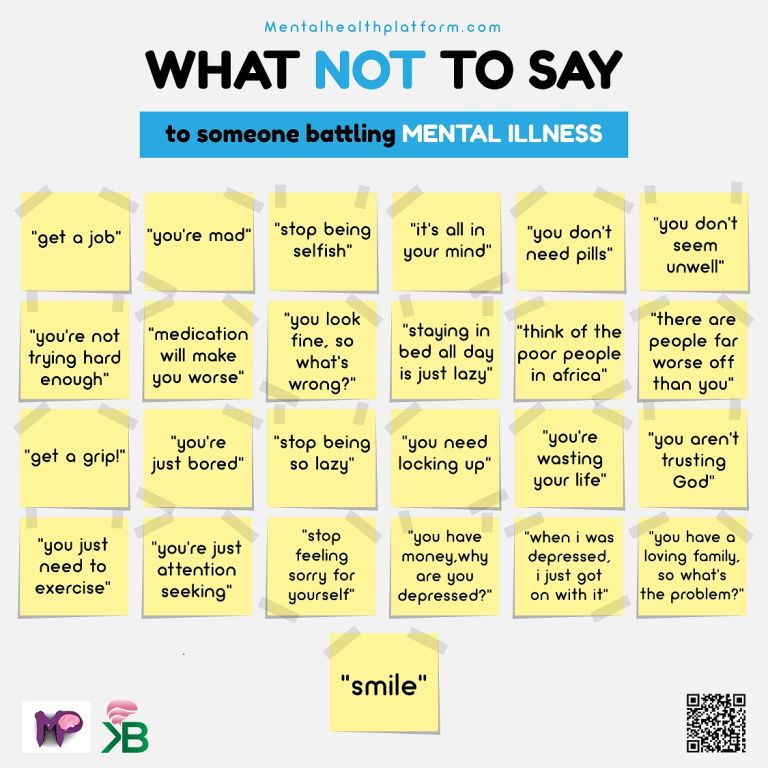How to break up with your friend
Ready to End That Friendship? Here’s How to Break It Up
Breaking up is hard. But with a few pointers, you can learn how to end your friendship with care and grace.
Maintaining good friendships can boost your well-being. But what happens when the relationship isn’t working anymore?
Maybe you have nothing in common anymore, your friend wasn’t there for you when you needed them, and they’ve broken your trust, or your friendship has grown toxic. Whatever pushes you to cut ties, you feel it’s time to let go of the friendship.
Breakup conversations are never easy, but you can make it easy by being straightforward and as gentle as possible.
If you’re considering pulling the plug on your friendship, Elizabeth Lombardo, a licensed psychologist and bestselling author of the book “Get Out of the Red Zone,” suggests specific steps you can take to help end your friendship.
Write out the specific reasons you have decided to end your friendship.
“Consider the benefits to your psychological well-being, physical health, relationships with others, work, and spiritual energy,” Lombardo says.
Then read the list over to help strengthen why this is so important to you before discussing it with your friend.
Set a time to meet and talk face-to-face (unless it’s an abusive relationship).
“Make sure it is a time that is not rushed or riddled with any additional stress,” Lombardo suggests. “Make sure you are not in the psychological ‘red zone.'”
The “red zone,” according to Lombardo, happens when you’re experiencing high levels of stress. That is, “7/10 or higher when 10/10 is the most stressed you have ever been,” she says.
Lombardo notes that people tend to think and act differently in the “red zone” than out of it, adding more distress to the conversation.
Share with the person things you have enjoyed in the friendship. Talk about the fun times or the things you’ve learned from them. Then, explain why you’ve come to the difficult decision to end the friendship.
Lombardo suggests using “I” statements to take ownership of how you feel because “you” statements can lead the other person to become defensive.
For example, you can use phrasing such as: “I know we have had a lot of great times. In the past few months, though, I have been really stressed [or whatever you have been feeling] by [whatever has been happening] that I feel like our friendship is no longer good for either of us.”
Take accountability for your contribution to the friendship and allow your friend to share their opinion. Listen and empathize with their perspective.
“They may have their own beliefs and perspectives that are not going to necessarily change,” Lombardo says. Listen and do your best not to get into an argument, she suggests.
Ending a relationship can be challenging, so it’s important to give yourself credit for taking the initiative to do something best for you. Lombardo says: “It’s OK to feel sad or angry.”
There are ways to make the process less painful for all parties involved. Lombardo suggests a few things not to do when breaking up a friendship. Avoid:
- Ghosting your friend.
 They deserve to be told about the friendship ending.
They deserve to be told about the friendship ending. - Giving in to their promises that things will change. You’ve most likely tried that many times.
- Feeling riddled with guilt. Try not to feel excessively guilty. You’re doing this for your well-being as well as those you love.
- Confusing your feelings. Avoid confusing your sadness about the relationship ending with the belief that you should maintain the friendship.
As you move on from your friendship, you might find it encouraging to establish new boundaries.
Meghan Ghetti, a school psychologist based in Cleveland, suggests setting boundaries and establishing new norms for moving forward. This is especially important if you have people or locations in common.
For example, Ghetti suggests saying, “When I see you at a mutual friend’s social event, I can be polite and make small talk. We can enjoy each other’s company without drama, but it doesn’t mean we want to rekindle a close friendship or relationship.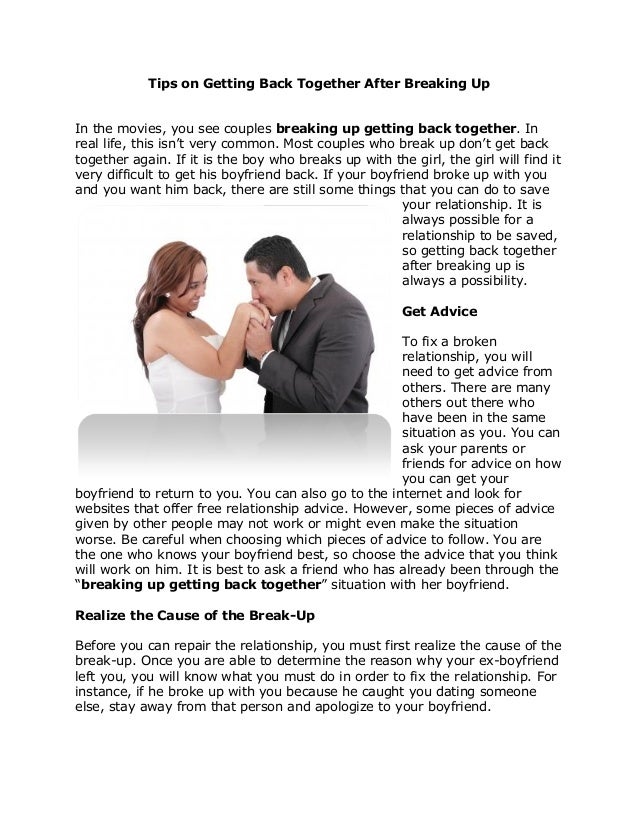 ”
”
Letting go of a friendship doesn’t necessarily mean you have to forget your friend. You can wish them well and move forward gracefully.
The truth is some friendships end.
You realize you don’t have anything in common anymore, your priorities changed, you grew apart, or there was something more serious like broken trust.
While friendship breakups can be painful, you can close the chapter on your friendship by:
- making a list of reasons why you’re ending the friendship
- setting a time to meet and talk face-to-face
- starting with the positives and using “I” statements
- being empathetic when listening and taking accountability
- giving yourself grace for taking care of your well-being
Sometimes, letting go of a friend who’s no longer a good fit can improve your life. If you’re looking to nurture your current friendships, consider following the steps to growing healthy friendships.
How to break up with a friend: Advice from 2 psychotherapists
This article was originally published August 14, 2018.
Previously, we examined whether you should break up with your friend — objectively weighing the circumstances to decide whether your friend is worthy of a second chance or if your companionship should come to a definite end. If you feel like you've done all you could and that it would be best if there was a break up, the next question is how to proceed. As we all know from romantic relationships - no break up is ideal, but not following certain tactful practices can make the final interaction a lot more messy. To help you make a clean and kind break, we got a few experts to help us with best practices to follow when it's time to say goodbye to a BFF.
Don't text
Psychotherapist Malcolm Welland insists on keeping it "face to face or (via) phone, especially if it's a breakup", as opposed to ghosting the person or passively drifting apart. Seeing each other's faces (or hearing their voices), leaves less room for sentiments to be misinterpreted — we've all taken a text the wrong way, haven't we? Breaking up in person also shows the importance of this situation and the courage you're showing with your position. Joshua Peters, psychotherapist and clinical manager at the Centre For Interpersonal Relationships, counters that text messaging can be used as "the last resort", for a situation where other means of communication are either impossible or too hostile.
Joshua Peters, psychotherapist and clinical manager at the Centre For Interpersonal Relationships, counters that text messaging can be used as "the last resort", for a situation where other means of communication are either impossible or too hostile.
Keep it on neutral ground
It's easy to fall into the habit of choosing your usual hangout to host the breakup, but that's probably not the best idea — that includes your home or theirs. "Find a space that is neutral for the both of you and isn't in a public place", says Peters, "The location helps create distance as well as comfort and security. Make sure this space feels safe and that you can leave if necessary." Certain coffee shops and parks can offer a relative degree of privacy without being too confined. It's also a good idea to choose a location off the beaten path for both of you - you don't want to chance a post-breakup encounter or routinely be reminded of it at a familiar place.
Tell them before anyone else
While it's important to consult other sources and understand the circumstances in a variety of ways, the intentions of the actual break up should be kept between you and your friend. "To avoid unwanted drama, it's always best to tell your friend first and to avoid involving others whenever possible," says Peters. Most social webs involve more than two people and spreading the dirt around and talking behind your former friend's back only makes a bigger mess.
"To avoid unwanted drama, it's always best to tell your friend first and to avoid involving others whenever possible," says Peters. Most social webs involve more than two people and spreading the dirt around and talking behind your former friend's back only makes a bigger mess.
Be direct
When the moment of truth comes, it can be tempting to ease into it indirectly, but don't. "I see being direct as important because it makes one's intentions clear", states clinical counsellor Kathleen Beaton, "It takes courage to address an issue such as ending a friendship, but it is a much better route to go than avoidance or evasion." Keep the conversation to the essentials of your reasoning and feelings about the friendship coming to an end, and it'll be easier on both parties.
Be kind
The circumstances are inherently tense, so it wouldn't take much to make them worse by being argumentative, wholly negative or rude. It's important to remain calm and polite through the interaction and, as Beaton adds, "it would also be important to note what we may have received from the friendship, if anything, and to also make note of special times or events in the life of the friendship that may have been meaningful for you", along with affirming "any positive qualities in our friend". Just because some of this friendship contained negatives, doesn't mean the entire experience has to be.
Just because some of this friendship contained negatives, doesn't mean the entire experience has to be.
Be prepared to explain clearly
"Giving a reason does not mean blaming the other person", believes Beaton, "but it does mean taking responsibility for being clear about how your needs are not being met in the relationship." You need to be tactful and concise - unloading every grievance through the entirety of the friendship does more harm than good. Peters advises keeping "it to 2-3 core emotions you've felt in the relationship and situations in which you have felt them. We get overwhelmed when someone tells us they're having a dozen emotions at a time."
Use "I"
In the interest of remaining kind and not inflammatory, a common tactic is to frame statements using "I" rather than the accusatory "you". Beaton shares the example of rather than saying "'You are always taking from me, but are never there for me when I need you', we can say, 'I need to have someone share equally in a friendship and to have as much time for me as I have for them. '" Using "I" allows you to take accountability for your standards without placing the burden solely on the other person. Laying the issues out in this manner allows for a more objective interaction.
'" Using "I" allows you to take accountability for your standards without placing the burden solely on the other person. Laying the issues out in this manner allows for a more objective interaction.
Aftercare
Even after the actual breakup, consider the work you can and should do on a personal level. Here, Peters shares some important post-break up tips. Firstly, have a post-mortem conversation with another trusted friend, "it's important to grieve the loss of a relationships even if it wasn't a positive one." If you don't feel like you expressed everything you wanted to, Peters suggests "writing a letter to the person (and not sending it) to get out any residual feelings you might have." Social media-wise, don't be afraid to remove them from your network in the name of fulling letting go.
No matter how the chips may fall, your ultimate goal should be forgiveness. You have to act with the intention of letting go of the hurt and negativity this friendship created in your life to make room for better ones. If you still feel like your harbouring these feelings long after the break up, Peters suggests seeing a therapist to help you finally release them. Though the break up may have been caused by an overflow of pent-up negativity, it's crucial to go through this entire process reminding yourself that it's ultimately for the best.
If you still feel like your harbouring these feelings long after the break up, Peters suggests seeing a therapist to help you finally release them. Though the break up may have been caused by an overflow of pent-up negativity, it's crucial to go through this entire process reminding yourself that it's ultimately for the best.
How to end a friendship: advice from a psychologist
When we talk about parting, we often think about romantic relationships. We think for a long time, scroll through the scenarios, prepare a speech to smooth out the corners. But not everyone consciously parted ways with friends. Together with a psychologist, we will tell you why you need to end a friendship out loud and how to do it carefully for everyone.
Kristina Prokofieva
REBT-therapist, CBT-therapist, graduated from Moscow State University, Higher School of Psychology
Why it is right to part with a friend
You can often hear from people that friendship has come to naught by itself. Or ended in mutual disregard. This is due to the fact that there are fewer mutual obligations with friends than with a romantic partner. Silent withdrawal does not seem so traumatic. Plus, it is easier for friends to maintain personal boundaries, integrity and autonomy, and the end of a relationship is not always perceived as a strong loss.
Or ended in mutual disregard. This is due to the fact that there are fewer mutual obligations with friends than with a romantic partner. Silent withdrawal does not seem so traumatic. Plus, it is easier for friends to maintain personal boundaries, integrity and autonomy, and the end of a relationship is not always perceived as a strong loss.
How we say goodbye defines us in many ways. If a person does not know how to pronounce the difficulties in a relationship and put an end to them, he does not know how to build boundaries. He repeats the same scenarios and mistakes in relationships because he does not reflect on the completion of the previous ones. He moves away and shifts the responsibility for the breakup to another.
Talking to a friend about the end of a relationship means taking responsibility and realizing the problems so as not to repeat them in the future. It is not easy to make such a decision.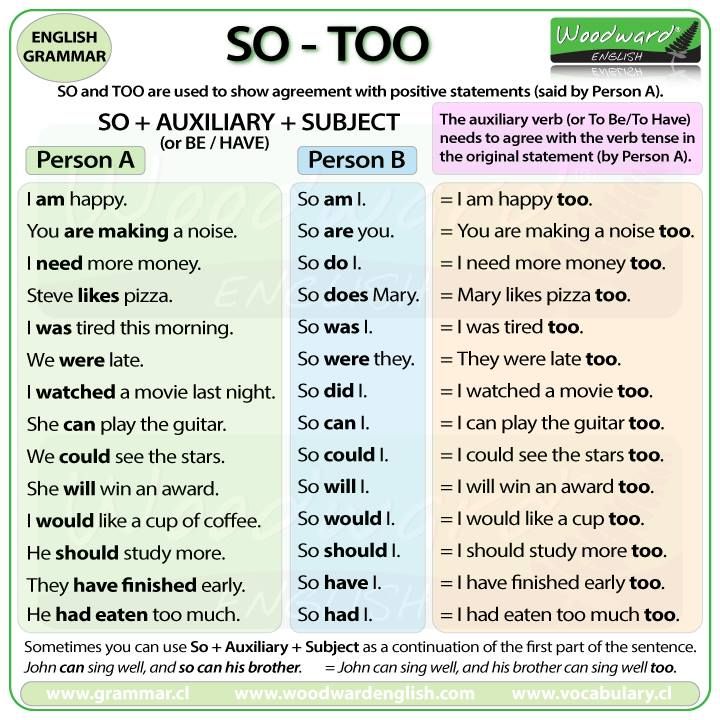 But ending non-resource relationships is okay. It is about taking care of yourself and the other person.
But ending non-resource relationships is okay. It is about taking care of yourself and the other person.
Signs that it's time to end a friendship
-
The relationship with a friend has become toxic. After the meeting, you get upset, angry. A friend does not miss the opportunity to tease, does not understand that you need to stop, and you are uncomfortable. Or devalues your achievements.
-
You understand that the paths diverge. For example, it is not possible to find time to meet. It becomes more difficult for you to communicate because of different views. In communication, you feel tension, because there are fewer and fewer common topics. This is also a normal reason to leave. It is not necessary to torment each other, if only to preserve the old friendship.
-
A friend became annoying.
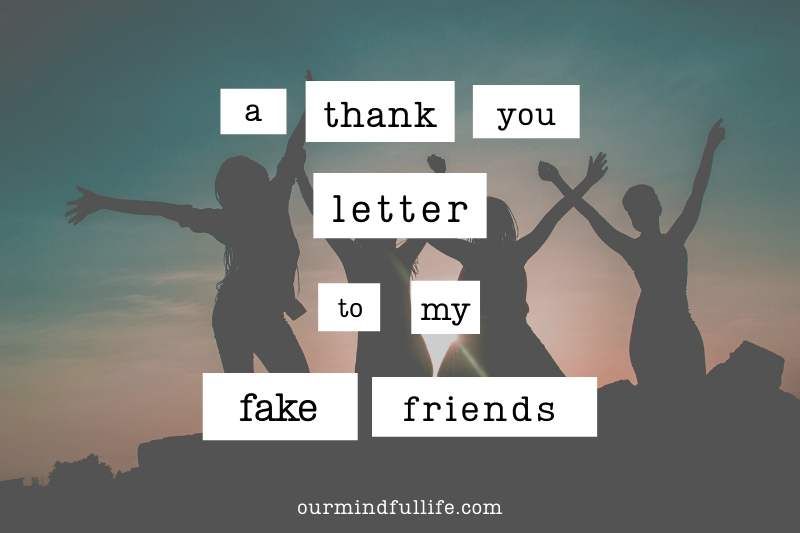 You need to be more careful here. Sometimes what infuriates others is a signal that the same quality is in you and you do not accept it. For example, if it annoys you that a friend talks a lot about himself, it could mean that you do too. But for some reason you struggle with it. Afraid to impose, seem boring or whiny. Sometimes irritability towards a friend is an opportunity to look inside ourselves and understand what we forbid ourselves to be.
You need to be more careful here. Sometimes what infuriates others is a signal that the same quality is in you and you do not accept it. For example, if it annoys you that a friend talks a lot about himself, it could mean that you do too. But for some reason you struggle with it. Afraid to impose, seem boring or whiny. Sometimes irritability towards a friend is an opportunity to look inside ourselves and understand what we forbid ourselves to be. But sometimes irritability arises because you have stopped loving the person. This can happen for various reasons: you have outgrown a friend, you feel a difference in interests, values, lifestyle. Like love for a partner, love for a friend may not last forever. And that's okay. In this case, it is worth discussing your feelings honestly and ending the relationship.
How to end a friendship
What should the environment be like?
There is no one-size-fits-all solution. It is important that the environment is comfortable, whether it is a house, a coffee shop or a park. When choosing a place, be guided by the fact that you should not be embarrassed to express feelings there. The conversation can be difficult.
It is important that the environment is comfortable, whether it is a house, a coffee shop or a park. When choosing a place, be guided by the fact that you should not be embarrassed to express feelings there. The conversation can be difficult.
It's not so important where you do it, it's more important how. A lot of people demonize breaking up over the phone as if you don't respect the person that way. But it's up to you to decide what's best. If you know that a friend still wants to discuss a difficult issue in person, set up an offline meeting. But if you understand that the other person would rather hear bad news on the phone, take care of him and discuss everything online.
Listen to yourself at this moment - what would be the best way for you to discuss this? You can discuss your desires with a friend in order to agree and choose the format.
What to say?
For example: “I want to share an important thought and I am ready to hear your opinion in return. I feel like our friendship doesn't work anymore. Recently, I feel that we have moved away, we have begun to conflict more often, we have begun to criticize each other. Despite all this, I thought for a long time whether we can fix this. It seems to me that no. And I do not want to. I think that we should see each other less often and honestly accept what happened to friendship. Please understand this."
I feel like our friendship doesn't work anymore. Recently, I feel that we have moved away, we have begun to conflict more often, we have begun to criticize each other. Despite all this, I thought for a long time whether we can fix this. It seems to me that no. And I do not want to. I think that we should see each other less often and honestly accept what happened to friendship. Please understand this."
It is important to share your feelings, thoughts, be honest and open as a sign of respect for the relationship. If a friend gets upset, don't blame yourself. You don't have to put the feelings of others before your own. Just repeat that you no longer want to be close friends. It's enough. Emotions will run high during a conversation, so it's important to stay as consistent as possible.
What's next?
The conversation can be difficult and not end on the most pleasant note. But it symbolizes a healthy attitude towards oneself. You heard your negative feelings and ended the relationship. The gap suggests that you did not go into defense, ignore, but honestly shared what seems more correct and safe for you.
But it symbolizes a healthy attitude towards oneself. You heard your negative feelings and ended the relationship. The gap suggests that you did not go into defense, ignore, but honestly shared what seems more correct and safe for you.
After the conversation, it is not necessary to avoid meetings in a common company, because you have already built your boundaries and random encounters will not change the decision. Communication can continue in a common company, but close friendships will already be over.
Cover: Anika Turchan
When no longer on the way: how to end a friendship
14 minutes Anelya Balagozinova
- Link copied
SHARE
Despite the fact that much attention is paid to love in society, friendship remains an important and multifactorial phenomenon. Man is a social being who needs to communicate with other people. According to recent studies, the need for communication is so great that young children can even die from loneliness.
Man is a social being who needs to communicate with other people. According to recent studies, the need for communication is so great that young children can even die from loneliness.
Interaction with others is equally important for adults. During communication, we form a vision of ourselves and a vision of others. However, communication does not always bring positive emotions: sometimes the person with whom you were close becomes completely alien and communication becomes a burden.
What does friendship consist of?
General interests
Researchers believe that the process of developing friendship is more complicated than it seems at first glance. Plato wrote: "Resemblance breeds friendship." Moreover, friendships have a great influence on our worldview. The theory of social epidemiology states that patterns of behavior are transmitted in communities of people.
For example, if your friends like to eat fast food, then you will be more loyal to this habit.
And if your friends are adherents of a healthy lifestyle, then you will gradually get used to healthy food and sports.
This type of relationship is born on the basis of a similar view of the world, tastes and interests.
Mutual altruism
The emergence of friendship is partly influenced by the desire for gain, the so-called mutual altruism, in which people in close relationships help each other. Reciprocity and fairness play a big role in friendship, but social psychologists have found that people do not keep track of the services rendered to a friend and do not expect help in return. Scientists have observed similar behavior in dolphins and some unrelated macaque species.
Valeria, 21 years old
“For me, friendship is mutual help and mutual assistance. I believe that it is valuable in any manifestation: it is easier to live when you know that support is nearby. I can’t say that I am ready to devote myself completely to my friends, but if possible I will do everything for them that is required of me.
Trust
During communication with people who are pleasant to us, the "hormone of trust" - oxytocin - is released in the brain. This social neurotransmitter gives us a feeling of support and unity.
There have been numerous surveys about what qualities people value in friends. When asked what a friend is, children most often answer “who can I play with”. With age, the criteria for friendship in people change and begin to include loyalty and trust.
According to studies conducted in the 1980s, there are differences in the approach to friendship between people of different sexes: girls more often value fidelity and trust in relationships than boys.
According to the 2013 polls in the USA, 81% of people noted that they value the loyalty of a friend, 80% - that it is important that he be a good person, and 64% - that they want to have fun with friends.
Some scientists are even inclined to believe that there is a "chemistry of friendship". The reason for this is that people make the decision to continue a romantic or friendship relationship the moment they first meet. People with comparable demographics, intelligence, personality traits, attitudes, beliefs, and hobbies are more likely to form friendships with each other than people who are dissimilar in at least one or more combinations of these dimensions.
The reason for this is that people make the decision to continue a romantic or friendship relationship the moment they first meet. People with comparable demographics, intelligence, personality traits, attitudes, beliefs, and hobbies are more likely to form friendships with each other than people who are dissimilar in at least one or more combinations of these dimensions.
Why does the desire to make friends disappear?
There is an opinion that school friendships are the strongest.
Arai, 22
“I have many friends, most of whom I made during my school years. In my opinion, this is the purest relationship, not yet complicated by life's troubles and difficulties. I attach great importance to this type of relationship, I love and respect my friends very much. I continue to communicate with my childhood friends, with whom we were separated by kilometers. It's nice to know that our relationship is not fading."
However, there are reasons to believe that this is a delusion. According to a US study, almost all college students in the US (97%) believe they make a new "closest" friend within the first month of college, but most of these friendships end very quickly - within a year. According to the same study, teens experiencing a potential breakup with old friends report emotional distress, decreased social satisfaction, loneliness, and failure to adapt to a new place.
According to a US study, almost all college students in the US (97%) believe they make a new "closest" friend within the first month of college, but most of these friendships end very quickly - within a year. According to the same study, teens experiencing a potential breakup with old friends report emotional distress, decreased social satisfaction, loneliness, and failure to adapt to a new place.
According to surveys conducted among US college students, it was found that half of those surveyed lose contact with school friends, and this happens for various reasons.
They also found that the opportunity to meet and chat with a soul mate does not always help to maintain relationships. This conclusion may reflect the fact that when people change social groups, there may be an internal conflict between the past and the present, and this may also be the cause of tension in communication.
Why is friendship dying?
Friendship doesn't necessarily end on a bad note - sometimes relationships just outlive themselves when common interests end and the person you used to communicate with joy no longer evokes warm feelings.
“With age, the social circle, of course, begins to shrink: this is affected by moving and distance, lack of free time, as well as personal changes. Of course, some relationships had to end, some faded away on their own. In the second case, I understand and accept the choice of my friends: we just become different over time and this is not our fault. I can’t communicate with people who are hypocrites - I immediately draw conclusions and try to stay away from them.0088, says Arai.
It is important to determine the reasons for the end of the friendship for yourself, as well as deal with your feelings in relation to this event. For example, friendships often end when there is distance, whether it's because of a move or a change of interests.
The term "toxic relationship" first appeared in 1995 in a book by psychologist Lillian Glass. She gave this definition: any relationship in which people do not support each other, in which there is conflict and competition, but no respect.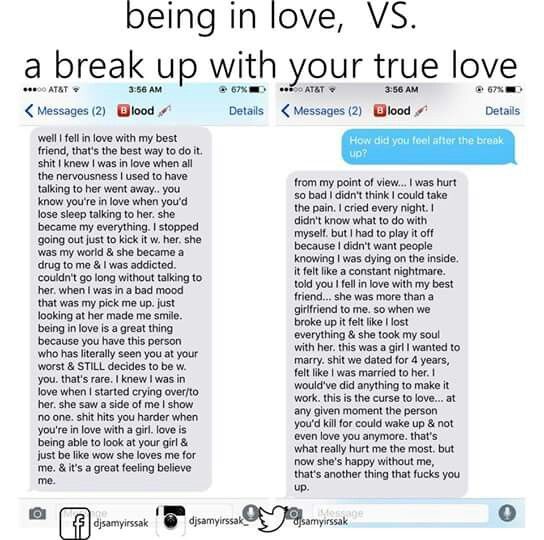
Communication with an abuser is fraught with problems with self-esteem and self-perception. You can understand that you are in a toxic environment by how you feel after talking with these people: if you do not have the strength, mood after meeting a friend, then you should think about it.
Some doctors claim that such relationships bring not only psychological and emotional, but also physical harm.
If a friend is physically or psychologically abusing you, you should contact a specialist.
How to end a friendship?
In fact, there are no instructions for ending a relationship. You need to focus on the character of your friend. Someone will not understand you if you avoid him, someone will not be able to face the truth, and someone will respect your desire to stop communicating.
“I think it’s better to explain to the person why you decided to break up - he will be able to ask questions, understand the reasons for this, and not leave them unspoken,” says Valeria.

There are several strategies for ending a relationship with a friend:
- Reduce the amount of communication. This can also be a good option for ending a toxic relationship so conflicts can be avoided. But a friend may not understand your intention and continue communication at the same pace - so this strategy may be delayed.
- Talk to a friend. This choice can have two outcomes: the relationship will either end, or after a frank conversation, you will find ways to solve the problem. It is important not to try to have a conversation in a hurry or through instant messengers. To communicate effectively, determine for yourself the purpose of this conversation. In such conversations, it is worth using the "I-concept", in which you talk about how you feel, and not about what the other person is doing. Example: not "your words annoy me", but "I feel unpleasant when you say this." In the end, you may agree that you need to take a break to sort out yourself and your relationship.

